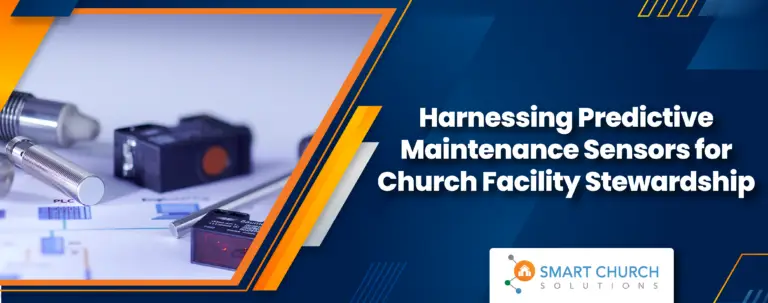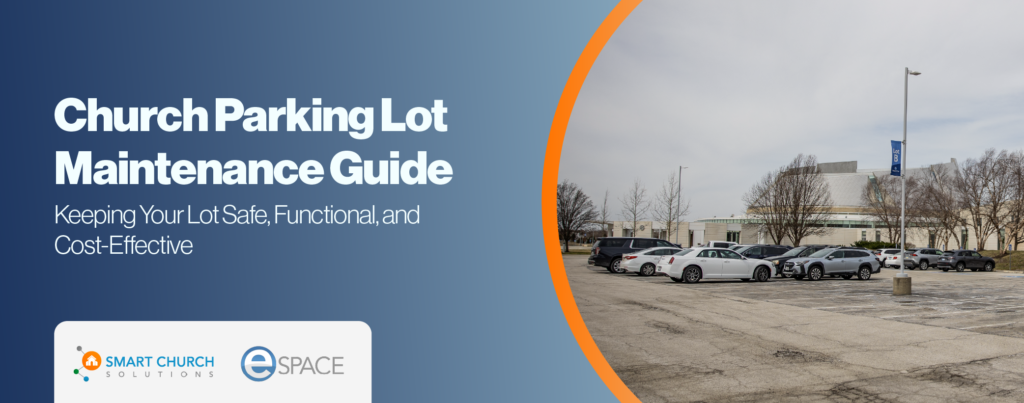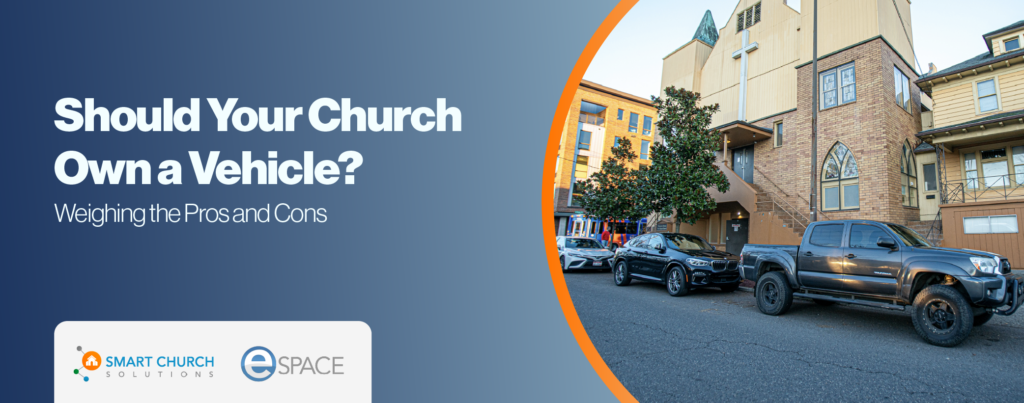If you attend a church with multiple services (whether that is multiple worship services or worship with educational), you probably have limited time between your services. One of our Project Management/Owner’s Rep clients in Charlotte has 3, back-to-back-to-back, worship services with only 15 minutes between each service…which is a challenge for the parking lot ministry as well as the cafe and lobby. But what about the restrooms? Yep…they are high traffic during that 15 minute period. We do not give our facility restrooms the needed attention until we realize they are inadequate to meet the “bio-break” needs of the congregation, we get complaints and/or you are on the facility team and have to care for these high-traffic areas.
I was recently reading an article in “Building Operating Management” magazine by David Lewellen on high-traffic restrooms. Not really my normal reading material, not even bathroom reading…but it was interesting.
We do not give our facility restrooms the needed attention until we realize they are inadequate to meet the “bio-break” needs of the congregation.
Mr. Lewellan provided 7 tips for design and ongoing maintenance of these spaces. Most of his examples were focused on non-church related facilities, but the principles still apply. In fact, his references to venues such as arenas, stadiums and the like are very much in keeping with church facilities. Our church facilities are actually far more similar in use and heavy traffic to a sports stadium, concert venue or performing arts center than they are to an office park or retail center. Lots on people come on the premises and exit in droves. There is a huge demand for parking, ingress, egress…and restrooms…at very definitive and concentrated times. More on that another day.
Back to the restrooms…here are the 7 tips that the article outlined:
- Remember the Larger Context – Besides your lobby and worship center, the restroom is likely to be one of the spaces in your facility that a first-time guest will visit…so they may very well form an impression of your church from their visit to your restroom. Vincent Maiello, designer of the Philadelphia airport restrooms (another VERY high traffic area…I know) gave this quote, “It doesn’t necessarily cost more to do them nicely. Red tile doesn’t cost more than white tile.” It does require you to be intentional!
- Keep Your Eyes Open to Visual Factors – “Where are your restrooms?” is not a great conversation starter with a guest to your church…so signage and wayfinding are critical. We have talked about this before, so I will not belabor the point. But this is important stuff to our guests. In addition, think about these visual factors: a) Most people use the toilet, sink and dryer…in that order, and the traffic pattern should reflect that flow; b) Stall doors should stand at a slight angle when open, so that people can see at a glance which ones are available
- Know Your Users – This may sounds basic, but we generally fail to consider who is using our facilities. For example, if your church is comprised of a lot of families with small children, you may want more than one baby changing station and you may need space for strollers. Make sure you don’t just assume that “one restroom fits all”.
- Choose the Right Materials – What is the right wall material in a restroom? I can tell you this, painted drywall in your wet areas is not great. At the same time, concrete block, while durable in a locker room, may not convey the story you wish to your guests. Smaller tiles can be more slip resistant due to more grout lines…or if larger times are desire, get a slip-resistant texture. What’s the word? Oh yeah…intentional!
- Make Sustainability a Priority – We are all moving to a more “green” built environment. Low-flow toilets and faucets are becoming the norm. Power hand dryers are the default of choice in many high-traffic restrooms in order to reduce paper towel usage. Occupancy sensors are another great way to save energy.
- Take a Close Look at Technology – Touch-free system benefits to high traffic areas for more reasons than just going “green.” In many public spaces, people do not flush to avoid touching the handles or they would use their foot, which could damage the valves. According to one of the experts in the article, most facilities are choosing battery-operated and just adding the replacement of the batteries to a regular checklist.
- Make Maintenance Top of Mind –Talk to your facility team! Get them involved. Think about options such as wall-mounted toilets or ceiling hung partitions to make the floors easier to clean. How do you keep up with the supplies during your service times? Some people will use the larger rolls of toilet paper to reduce the frequency of changing while others offer cabinets or some other stall storage of supplies.
BONUS – This was not in the article…but remember, potty parity is a serious issue. According to research done in the United Kingdom, women spend an average of 1 year, 7 months, and 15 days longer in the bathroom than men. Just saying. Be cognizant of the ratio of men and women’s facilities.
I realize that people do not come to your church for the primary purpose of using your restroom facilities…but they will use them, and it will make an impression.









